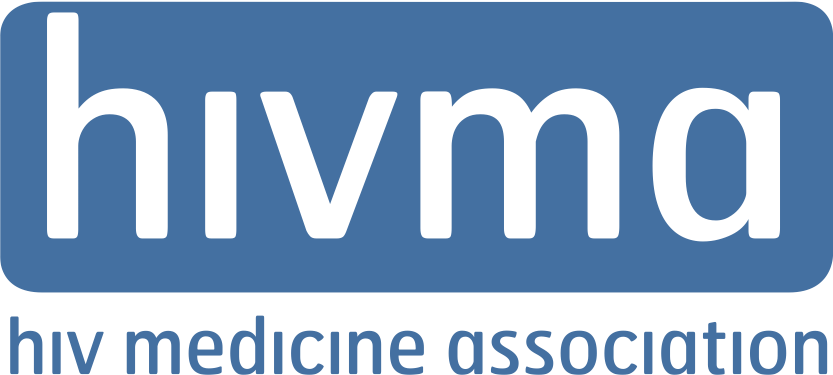![]()
NEWS RELEASE
Dec. 1, 2019
This World AIDS Day Finds Us at a Crossroads
This World AIDS Day marks a promising and unprecedented point in a quest begun nearly four decades ago to end the global public health threat of HIV through science and solidarity. Increasingly, effective and essential technologies, medicines and measures to effectively treat the virus and prevent transmissions are finding their way to where they are needed most, and are demonstrating that we have what is needed to end this pandemic. For the first time, the United States has developed a plan aiming to end the American epidemic. And in keeping with hard-earned knowledge as well as with the theme of this World AIDS Day, communities are at the center of ambitious responses.
Still this World AIDS Day finds progress stalled by policies and politics that threaten the momentum we have gathered.
Today an estimated 37.9 million people are living with HIV worldwide, with 1.7 million becoming infected in 2018 alone. According to the U.S. Centers for Disease Control and Prevention just 23.3 million people living with HIV have access to the antiretroviral treatment they needed to suppress the virus and prevent transmission. The level funding for the U.S. President’s Emergency Plan for AIDS Relief approved by the House of Representatives will be critical to sustaining access to diagnosis, treatment and care, and reach global goals to end the pandemic by 2030. Yet in the wake of lawmakers now repeated failures to agree to a 2020 federal budget, that increase remains in limbo. The federal initiative to end HIV as an epidemic in the United States, announced in February, set to launch in November, also remains unfunded.
At the same time, policies at home and abroad are rising as obstacles to reaching the most vulnerable populations with the highest risks of infection and illness from HIV. An expanded Global Gag Rule – also known as the Mexico City Policy -- barring funding to overseas organizations providing or providing referrals for comprehensive reproductive health services including abortion services slashes vital resources to important health programs worldwide, limiting their reach, diminishing their impacts. Here at home, a domestic gag rule, withholding Title X Family Planning funding from organizations that offer women the full range of sexual and reproductive health services available to them including abortion services will restrict access to critical services for low income women who count on the clinics for prenatal care and screening for HIV and other sexually transmitted diseases. New rules promulgated by the Trump administration reverse prohibitions against discrimination for LGBTQ individuals that are essential to lifting stigma and health care barriers standing between populations targeted by the initiative to end the epidemic, and the services they need.
These consequences of these policies and funding gaps are inescapable and will be impossible to ignore. This World AIDS Day gives federal policymakers a chance to see not only how far we have come, but how much we have to lose. In light of what’s at stake, we urge members of Congress to move swiftly to pass 2020 spending bills that include much needed increases for global and domestic HIV programs and are needed to launch to the federal plan to End HIV as an Epidemic.
###

